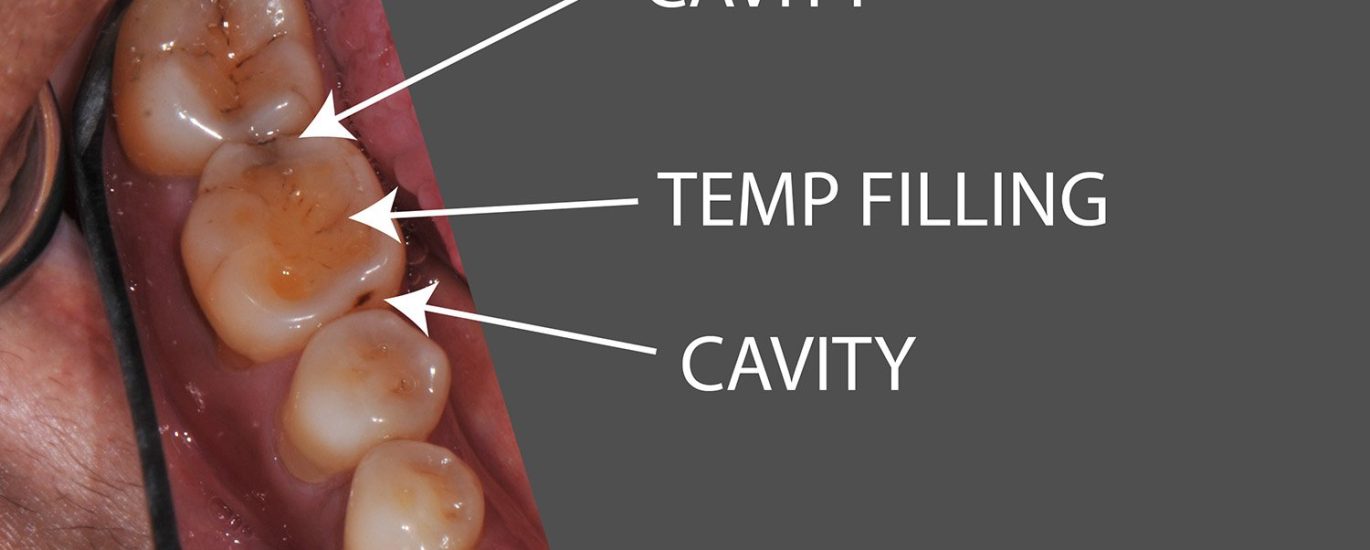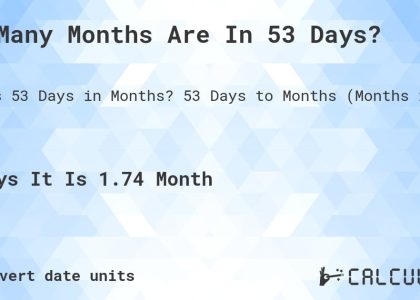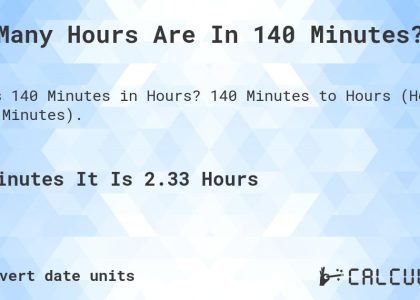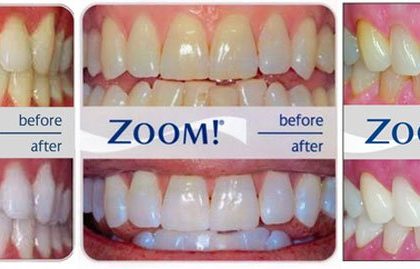Filling a cavity typically takes around 30 to 60 minutes. It’s a common dental procedure often necessary to restore a tooth’s health and functionality. The process involves removing the decayed part of the tooth and filling it with a suitable material. Understanding how long to fill a cavity can alleviate any concerns you may have about the procedure. Let’s delve deeper into the details and factors that can influence the time it takes to fill a cavity.
How Long Does It Take to Fill a Cavity?
As you sit in the dentist’s chair, waiting for your cavity to be filled, you may wonder just how long the process will take. The time it takes to fill a cavity can vary depending on several factors. In this comprehensive guide, we’ll explore all aspects related to how long it takes to fill a cavity, so you know exactly what to expect during your next dental visit.
Understanding the Basics of Cavities
Before delving into how long it takes to fill a cavity, let’s first understand what cavities are. Cavities, also known as dental caries or tooth decay, are small holes that form in the outer surface of teeth due to the build-up of plaque and bacteria. If left untreated, cavities can worsen, leading to pain, infection, and even tooth loss.
Factors Affecting the Time to Fill a Cavity
Several factors can influence how long it takes to fill a cavity. The size and location of the cavity, the type of filling material used, and the individual patient’s oral health all play a role in determining the duration of the procedure.
Size and Location of the Cavity
The size and location of the cavity are significant factors in determining how long it will take to fill. Smaller cavities that are located on the surface of a tooth can usually be filled quickly, often in a single appointment. However, larger cavities or those located in between teeth may require more time and multiple visits to complete the filling process.
Type of Filling Material
Another factor that influences the time to fill a cavity is the type of filling material used. Dentists commonly use materials such as amalgam (silver), composite resin (tooth-colored), gold, or ceramic for fillings. Each type of filling material has its own set of advantages and disadvantages, which can impact how long the filling process will take.
Patient’s Oral Health
The overall oral health of the patient can also affect the time it takes to fill a cavity. Patients with good oral hygiene practices and regular dental check-ups may require less time for cavity filling compared to those with underlying oral health issues. Dentists may need to address other oral health concerns before proceeding with filling a cavity, which can lengthen the overall treatment time.
The Process of Filling a Cavity
Now that we’ve discussed the factors that can influence the time to fill a cavity, let’s walk through the general process of filling a cavity at the dentist’s office.
1. Examination and Diagnosis: The dentist will examine your teeth, often using x-rays to determine the size and location of the cavity.
2. Numbing the Area: Before filling the cavity, the dentist will numb the area to ensure you don’t feel any pain during the procedure.
3. Removing Decay: The dentist will use a drill or laser to remove the decayed part of the tooth and clean the area in preparation for the filling.
4. Filling the Cavity: Once the cavity is cleaned and prepped, the dentist will fill it with the chosen filling material, shaping it to match the natural contours of your tooth.
5. Polishing: After the filling is placed, the dentist will polish it to smooth out any rough edges and ensure a comfortable bite.
Single Appointment vs. Multiple Appointments
As mentioned earlier, the time it takes to fill a cavity can vary from a single appointment to multiple visits, depending on the complexity of the case. In some instances, if the cavity is small and easily accessible, the entire filling process can be completed in a single visit. However, for more extensive cavities that require additional treatment or multiple surfaces to be filled, the procedure may be spread out over several appointments.
So, how long does it take to fill a cavity? The answer is: it depends. Factors such as the size and location of the cavity, the type of filling material used, and the patient’s oral health all play a role in determining the duration of the procedure. Remember that regular dental check-ups and practicing good oral hygiene can help prevent cavities and minimize the time it takes to fill them. If you have any concerns about cavities or need to schedule a dental appointment, don’t hesitate to reach out to your dentist for personalized care and advice.
Stay proactive about your oral health to keep those cavities at bay, and remember that a healthy smile is always worth the time and effort!
Dentist Filling A Cavity Between Teeth
Frequently Asked Questions
How long does it typically take to fill a cavity?
On average, the process of filling a cavity usually takes between 30 minutes to an hour per tooth. However, the exact time can vary depending on the size and location of the cavity, as well as the individual dentist’s technique and the type of filling material being used. Your dentist will be able to provide a more specific time frame during your appointment.
Is it possible to get multiple cavities filled in one appointment?
Yes, it is possible to have multiple cavities filled during a single dental appointment. The time it takes will depend on the number and complexity of the cavities. Some dentists may prefer to schedule separate appointments for each cavity, while others may be able to address multiple cavities in a single visit.
Do I need to set aside additional time for any preparation before getting a cavity filled?
Prior to filling a cavity, your dentist will need to numb the area using a local anesthetic. This process typically takes a few minutes to take effect. Additionally, the dentist will need to clean and prepare the cavity before placing the filling, which may add a few extra minutes to the overall appointment time.
Final Thoughts
In conclusion, the time it takes to fill a cavity can vary depending on the size and location of the cavity. On average, a straightforward filling procedure typically lasts about 30 to 60 minutes. However, more complex cases may require additional time for treatment. Discuss with your dentist to get a precise estimate of how long it will take to fill a cavity during your appointment. Remember, addressing cavities promptly can help prevent further dental issues down the road.










